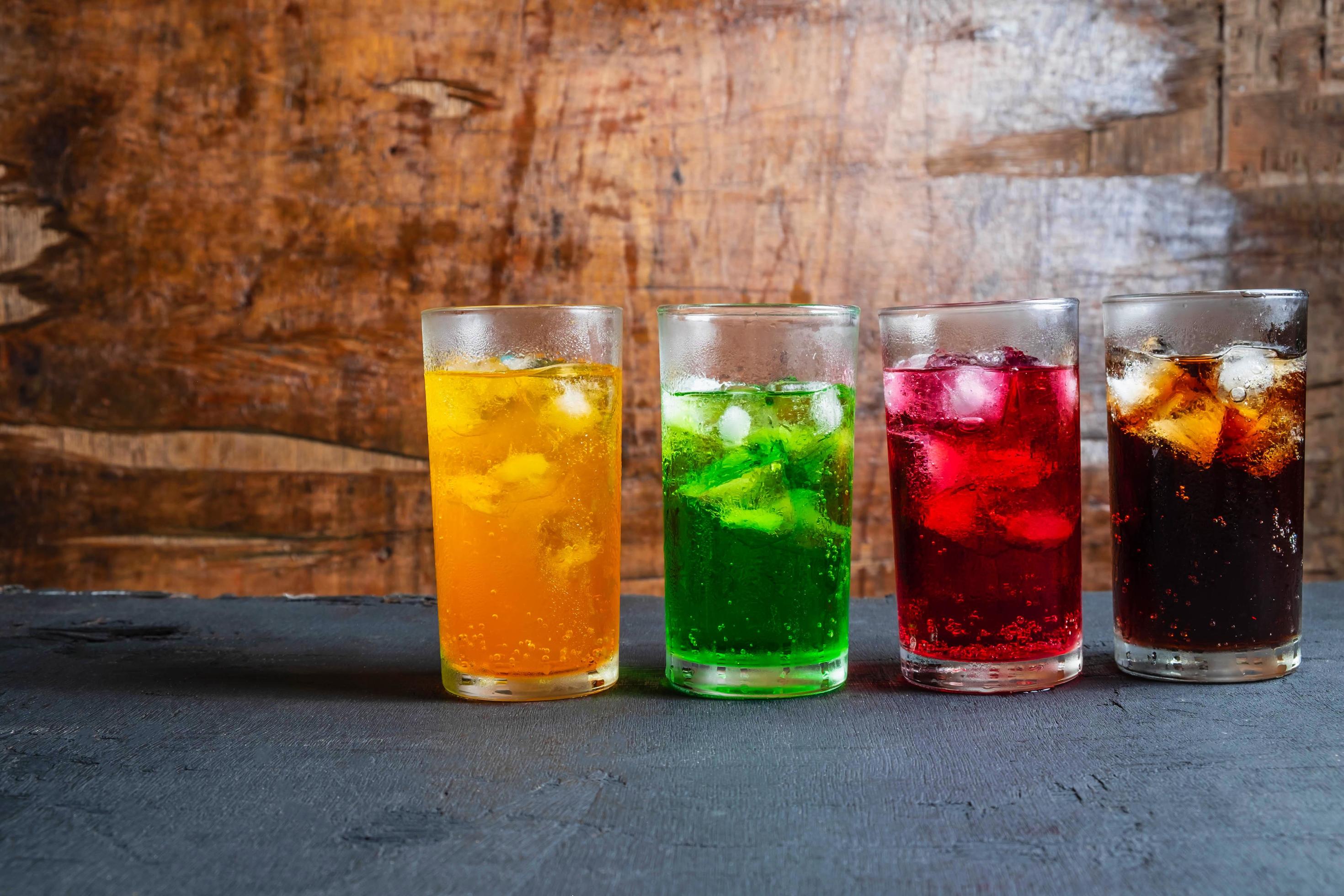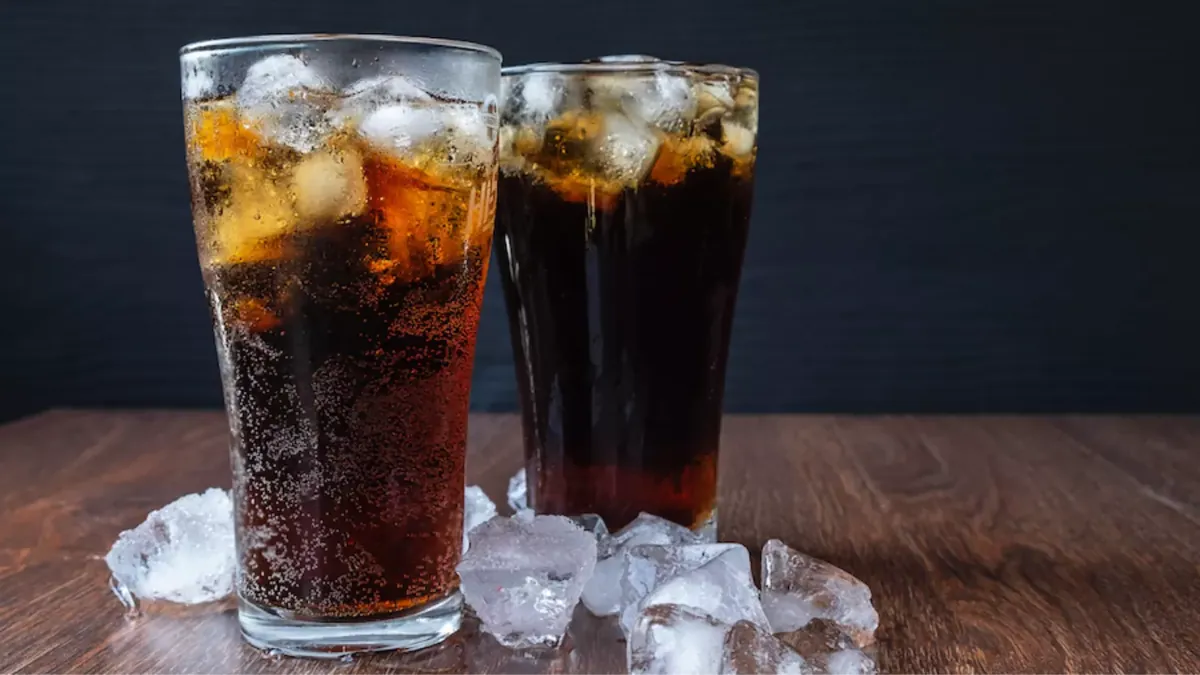Recalled Soft Drinks: Health Concerns
Soft drinks recalled – Recalled soft drinks can pose serious health risks due to contamination with various harmful substances. These contaminants can range from bacteria to toxic chemicals, and their consumption can lead to a range of adverse health effects.
As news of the soft drink recall ripples through the community, it’s hard not to be reminded of the recent loss of basketball legend Bill Russell. Both events serve as poignant reminders of the fleeting nature of life and the importance of cherishing every moment.
Yet, amidst the sadness, there’s a flicker of hope in the collective efforts to ensure the safety of consumers, echoing the same spirit of teamwork and perseverance that Russell embodied on the court.
Specific Contaminants and Their Risks
- Bacteria: Soft drinks contaminated with bacteria such as Salmonella or E. coli can cause gastrointestinal distress, including nausea, vomiting, diarrhea, and abdominal cramps. In severe cases, bacterial contamination can lead to life-threatening infections.
- Pesticides: Pesticides used in the cultivation of fruit and vegetable ingredients can sometimes contaminate soft drinks. Excessive pesticide exposure can cause neurological problems, reproductive disorders, and even cancer.
- Heavy metals: Heavy metals such as lead or arsenic can leach into soft drinks from contaminated water sources or manufacturing equipment. Heavy metal exposure can lead to developmental delays, organ damage, and increased risk of chronic diseases.
- Artificial sweeteners: Artificial sweeteners such as aspartame and sucralose have been linked to a range of health concerns, including headaches, dizziness, and weight gain. Some studies have also suggested a potential link between artificial sweeteners and increased risk of cancer.
Symptoms and Long-Term Effects
The symptoms of consuming contaminated soft drinks can vary depending on the type of contaminant. Common symptoms include gastrointestinal distress, headaches, dizziness, and allergic reactions. Long-term effects can include organ damage, developmental problems, and increased risk of chronic diseases such as cancer.
Impacts of Soft Drink Recalls on Consumers and Brands: Soft Drinks Recalled

Soft drink recalls are a major concern for consumers and brands alike. They can cause significant financial and reputational damage, and can also erode consumer trust and loyalty. In this section, we will analyze the impacts of soft drink recalls on consumers and brands, and provide case studies of notable soft drink recalls and their consequences.
Financial Impact
Soft drink recalls can have a significant financial impact on brands. The cost of recalling a product can be substantial, and can include the cost of product removal, replacement, and disposal, as well as the cost of investigating the cause of the recall. In addition, recalls can also lead to lost sales, as consumers may be reluctant to purchase products from a brand that has been involved in a recall.
- In 2021, Coca-Cola recalled over 500,000 cases of its Dasani water in the United States due to concerns about benzene contamination. The recall cost the company an estimated $100 million.
- In 2015, PepsiCo recalled over 300,000 cases of its Mountain Dew soda in the United States due to concerns about mold contamination. The recall cost the company an estimated $50 million.
Reputational Impact
Soft drink recalls can also have a significant reputational impact on brands. When a brand is involved in a recall, it can damage the brand’s image and reputation. Consumers may lose trust in the brand, and may be less likely to purchase its products in the future.
- In 2013, Nestle recalled over 400,000 cases of its Maggi noodles in India due to concerns about lead contamination. The recall caused a major loss of trust in the Nestle brand in India, and the company’s sales plummeted by 60%.
- In 2012, PepsiCo recalled over 300,000 cases of its Gatorade sports drink in the United States due to concerns about mold contamination. The recall damaged the Gatorade brand’s reputation, and the company’s sales declined by 5%.
Consumer Trust and Loyalty
Soft drink recalls can also erode consumer trust and loyalty. When consumers learn that a product they have been consuming has been recalled, they may lose trust in the brand and may be less likely to purchase its products in the future. This can lead to a loss of market share for the brand.
- In 2010, Coca-Cola recalled over 300,000 cases of its Minute Maid orange juice in the United States due to concerns about mold contamination. The recall caused a loss of trust in the Minute Maid brand, and the company’s sales declined by 10%.
- In 2009, PepsiCo recalled over 100,000 cases of its Tropicana orange juice in the United States due to concerns about mold contamination. The recall damaged the Tropicana brand’s reputation, and the company’s sales declined by 7%.
Prevention and Management of Soft Drink Recalls

Preventing and managing soft drink recalls is crucial to ensure consumer safety and protect brand reputation. A robust regulatory framework and industry standards are essential to minimize the risk of recalls, while effective quality control and monitoring systems are critical for early detection and prompt response.
Regulatory Frameworks and Industry Standards
Government agencies, such as the Food and Drug Administration (FDA) in the United States, establish regulations to ensure the safety of food and beverages, including soft drinks. These regulations set standards for manufacturing practices, ingredient safety, and labeling requirements. Industry organizations, like the American Beverage Association, also develop voluntary standards and guidelines to promote best practices and enhance product safety.
Quality Control and Monitoring Systems
Rigorous quality control measures are essential to prevent contamination and ensure the safety of soft drinks. These measures include thorough ingredient inspections, production line monitoring, and finished product testing. Regular monitoring programs, such as microbiological testing and sensory evaluation, help detect potential hazards and ensure product quality throughout the supply chain.
Best Practices for Managing and Communicating Recalls, Soft drinks recalled
When a soft drink recall becomes necessary, effective management and communication are crucial to minimize consumer harm and protect brand reputation. Best practices include:
- Prompt and Accurate Notification: Companies should immediately notify regulatory authorities and consumers of any potential hazards associated with recalled products.
- Clear and Concise Information: Recall announcements should provide specific details about the affected products, including product names, lot numbers, and distribution areas.
- Consumer Support: Companies should establish dedicated hotlines or websites to provide information and answer consumer inquiries.
- Collaboration with Regulators: Companies should work closely with regulatory agencies to ensure a coordinated response and prevent further distribution of affected products.
- Reputation Management: Companies should proactively address media inquiries and social media concerns to maintain brand trust and mitigate negative publicity.
In the wake of the recent soft drink recalls, it’s crucial to stay informed about potential health risks. While we mourn the loss of basketball legend Jerry West , let us not forget the importance of prioritizing our well-being. The recalls serve as a reminder to be vigilant about what we consume and to take necessary precautions to safeguard our health.
Amidst the recent soft drink recalls, a ripple of sorrow swept through the sports world with the news of Jerry West’s death. This legendary basketball player, known for his iconic silhouette on the NBA logo, left an indelible mark on the game.
As we mourn his passing, the soft drink recalls serve as a sobering reminder of the importance of consumer safety, ensuring that we can all enjoy our favorite beverages with peace of mind.
In the realm of beverages, where thirst meets refreshment, a ripple of concern has spread through the industry. Soft drinks, once the epitome of sugary delight, have come under scrutiny due to recalls. As the news reverberates, it casts a shadow over the once-familiar taste of our favorite fizzy drinks.
Amidst the recent soft drink recall, the news about jennifer hudson and common has brought a glimmer of positivity. Their public display of affection reminds us of the sweetness that can still be found amidst the occasional sour notes. However, it’s important to remember the importance of consuming safe and healthy beverages, and to check any recalled products before consumption.